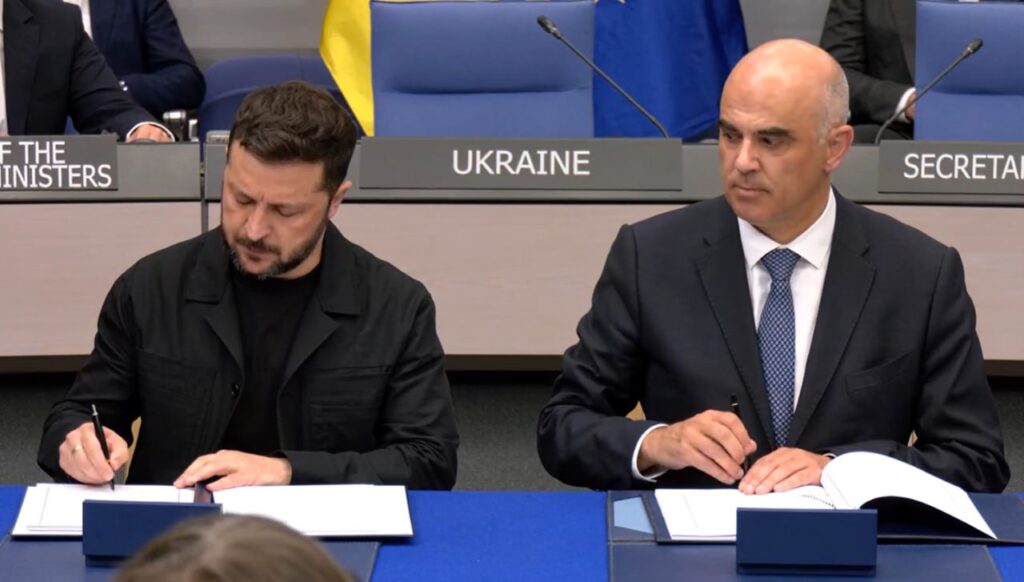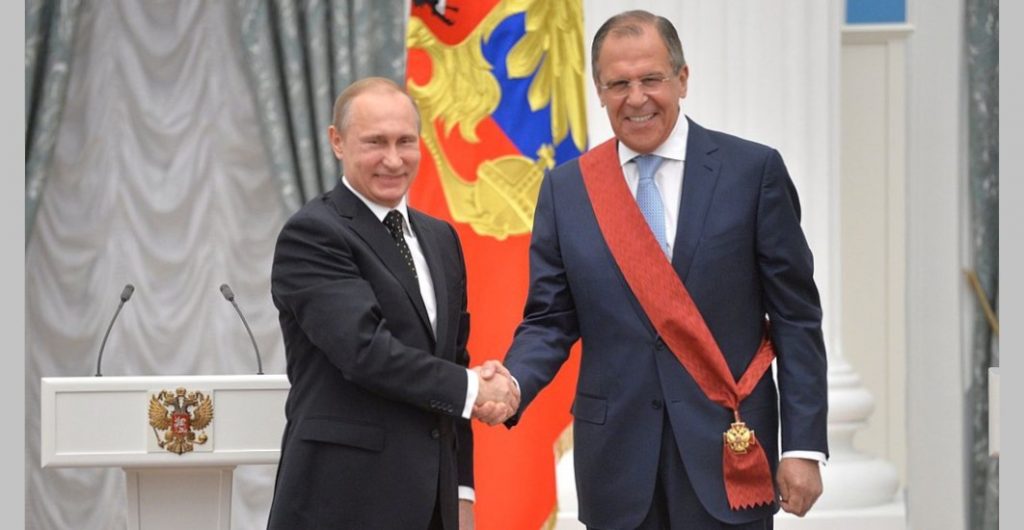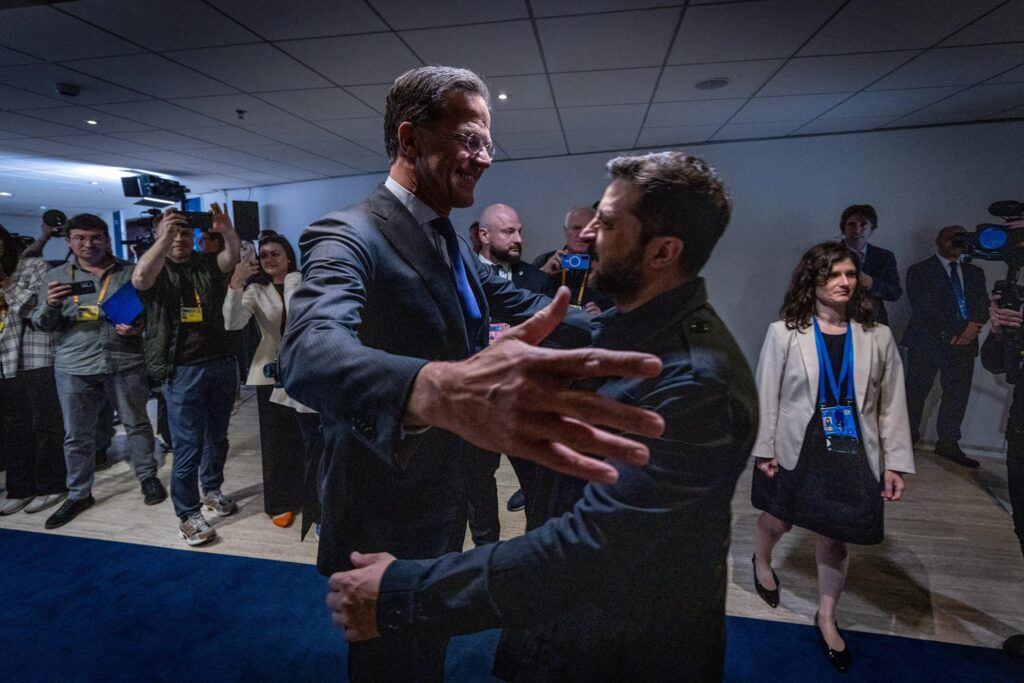Ukraine and Europe launch war tribunal — just not for Putin

Ukraine and the Council of Europe have signed a formal agreement to establish a Special Tribunal for the Crime of Aggression, marking a step toward legal accountability for Russia’s full-scale invasion.
The signing ceremony, held in Strasbourg, was broadcast live on the Council of Europe’s official website. Ukrainian President Volodymyr Zelenskyy and Alain Berset, Chair of the Committee of Ministers, formalized the agreement.
“Every war criminal must know: justice will prevail — and that includes Russia,” said Zelenskyy.
Tribunal to target senior Russian leadership — with limits
The tribunal is designed to prosecute high-level political and military figures responsible for launching the war against Ukraine. However, under current international law, sitting officials such as President Vladimir Putin, Prime Minister Mikhail Mishustin, and Foreign Minister Sergey Lavrov enjoy legal immunity.
This means they cannot be prosecuted while in office. Trials can only begin once they leave power.
“This was a necessary compromise,” international law scholar Gleb Bogush of the University of Cologne told the BBC. “The G7 — especially the US — insisted on maintaining immunity for top officials. It sets a troubling precedent.”

Tribunal can still try other Russian and Belarusian officials
Despite immunity for top leaders, the tribunal will be empowered to investigate and try other senior Russian and Belarusian officials, potentially even in absentia. Legal experts believe this still sends a strong message about international accountability.
Bogush noted that the tribunal’s presence serves as a “persistent reminder” of the crime of aggression and the obligation to prosecute it under international law.
Questions raised over independence of investigations
The tribunal’s prosecutorial independence has already sparked debate. The agreement gives the Ukrainian Prosecutor General the sole authority to submit names and evidence to initiate cases. The tribunal’s prosecutor cannot act independently of Ukraine’s referral.
“This raises serious concerns about impartiality,” said Bogush. “The tribunal’s ability to act freely is significantly limited.”
Filling the legal gap left by the International Criminal Court
The Special Tribunal is being created to fill a jurisdictional gap in international law. The International Criminal Court (ICC) can investigate war crimes, crimes against humanity, and genocide, but not the crime of aggression unless both states involved have ratified the Rome Statute.
Neither Russia nor Ukraine had ratified the statute when the war began. Ukraine formally ratified it in August 2024, and cooperation between the ICC and the new tribunal is expected going forward.

Structure, location, and next steps
The tribunal’s statute was approved by the Council of Europe’s Committee of Ministers on 24 June. It will consist of 15 judges, appointed by a committee made up of representatives from participating states.
While the location has not been confirmed, The Hague remains a likely option. The agreement is open to Council of Europe members and other interested countries.
Zelenskyy’s visit follows NATO summit
President Zelenskyy traveled to Strasbourg following his participation in the NATO summit in The Hague. He is also expected to address the Council of Europe’s Committee of Ministers later in the day.
Russia formally withdrew from the Council of Europe in 2022 after launching its full-scale invasion of Ukraine. Its membership had been suspended prior to the withdrawal.

Why they say it’s a win — even if Putin walks for now
- First international court effort aimed at prosecuting Russia’s aggression against Ukraine.
- Builds legal pressure on Russian officials for launching the invasion.
- Highlights how Putin and other top leaders remain protected by legal immunity while in office.
- Shows the trade-offs behind creating global justice mechanisms through political compromise.
- Supports Ukraine’s broader strategy to seek legal accountability after the war.